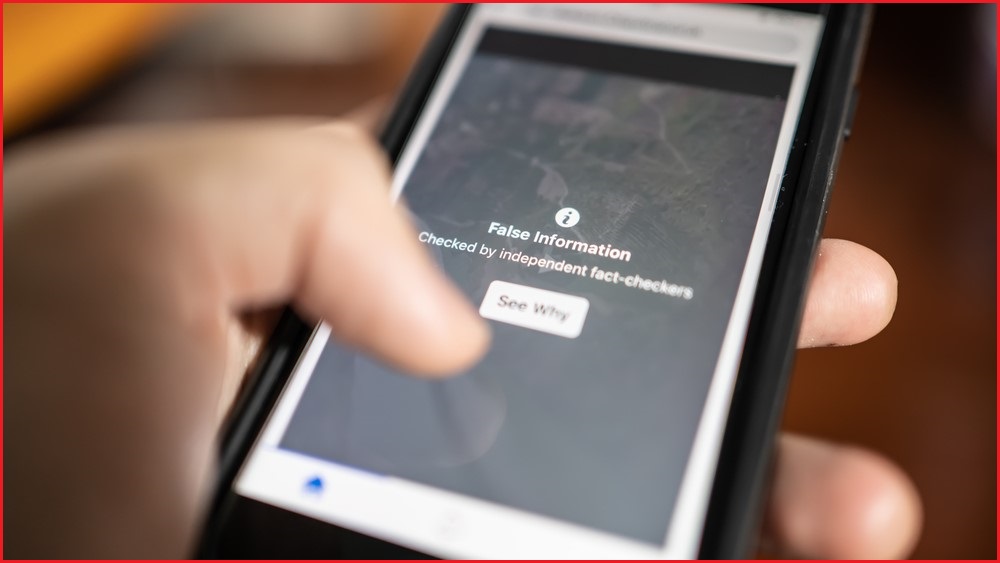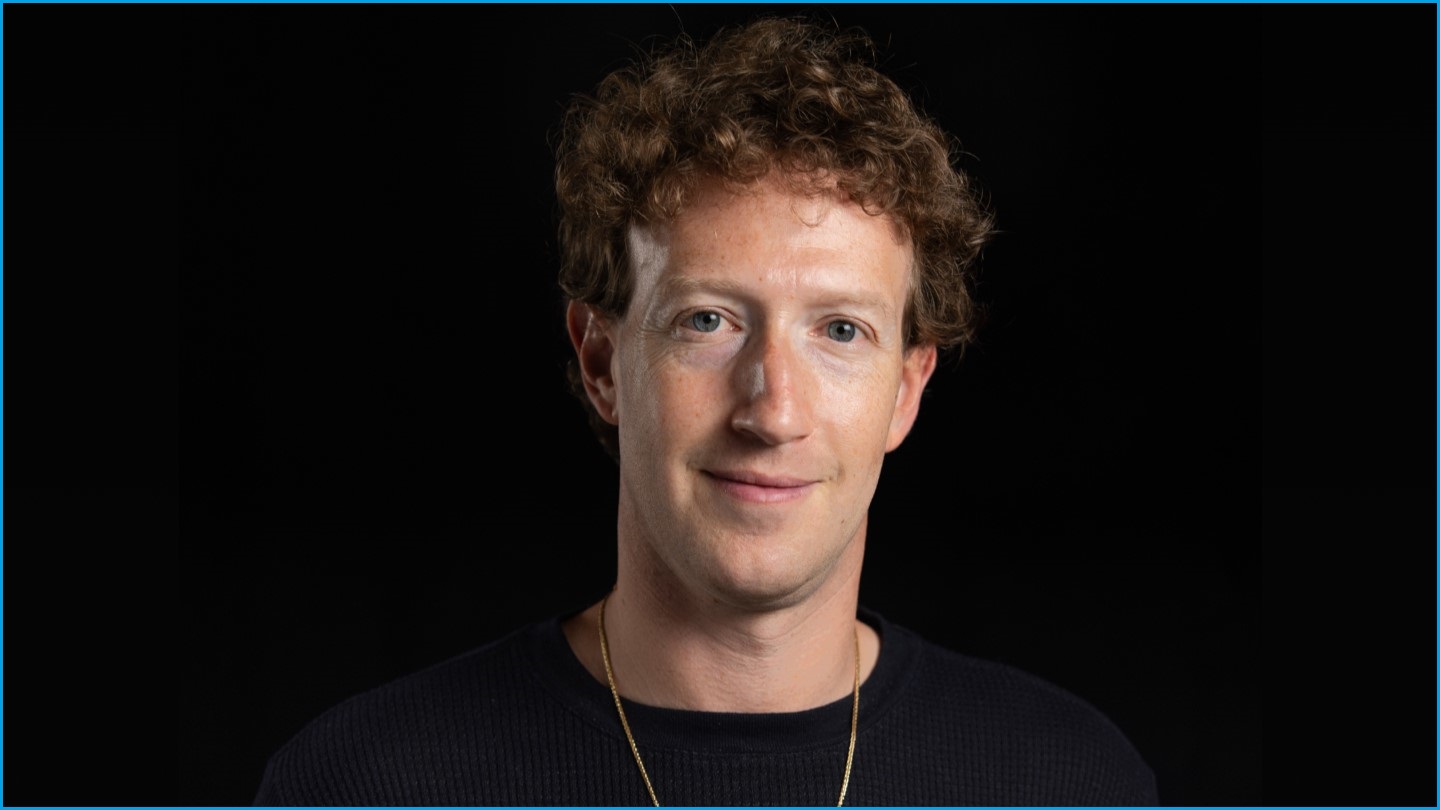Meta CEO Mark Zuckerberg says senior officials in US President Joe Biden’s administration “repeatedly pressured” the social media giant to “censor” some COVID-19 content on its platforms during the pandemic.
In a letter dated 26 August 2024, Zuckerberg told Republican Jim Jordan, the head of the US House of Representatives judiciary committee, that he regretted agreeing to those requests from the US government.
He also vowed to push back in the future against such demands, which appeared to be related to misinformation.
“In 2021, senior officials from the Biden administration, including the White House, repeatedly pressured our teams for months to censor certain COVID-19 content, including humor and satire, and expressed a lot of frustration with our teams when we didn’t agree,” Zuckerberg wrote.
“… I believe the government pressure was wrong, and I regret that we were not more outspoken about it.
“I also think we made some choices that, with the benefit of hindsight and new information, we wouldn’t make today.”
Zuckerberg said he felt Meta — which also owns Instagram, WhatsApp and Threads — should not yield to pressure “from any administration in either direction”.
Biden and senior White House figures have previously criticised large social media platforms such as Facebook for allowing misinformation to spread about COVID-19 and its vaccines.
Mark Zuckerberg just admitted three things:
— House Judiciary GOP 🇺🇸🇺🇸🇺🇸 (@JudiciaryGOP) August 26, 2024
1. Biden-Harris Admin "pressured" Facebook to censor Americans.
2. Facebook censored Americans.
3. Facebook throttled the Hunter Biden laptop story.
Big win for free speech. pic.twitter.com/ALlbZd9l6K
In 2021, Facebook said it had “taken aggressive steps to combat harmful COVID-19 misinformation”, including adding labels and warnings about false information to some posts.
The company's offices in the US also imposed vaccine mandates for employees.
In May 2021, Meta’s then-head of public policy in Australia, Josh Machin, said in a blog post that Facebook had “removed over 14 million pieces of content that constituted misinformation related to COVID-19" between March 2020 and the end of December that year, including 110,000 pieces of content from Australian accounts.
Many conservative groups in the US have accused tech companies of being left-leaning and of carrying out censorship, with some accusing Facebook of wrongly restricting or removing some posts about COVID-19.
In his letter, Zuckerberg also said Facebook had “temporarily demoted” a news story about a laptop owned by Joe Biden’s son Hunter after the FBI warned Meta that Russia was potentially planning a disinformation campaign against the Biden family.
He said that because the report turned out to not be linked to Russian disinformation, Facebook “shouldn’t have demoted the story”.
Zuckerberg added that Meta had made changes to prevent this from happening again, including not temporarily demoting posts in the US while they were being verified by fact-checkers.

Facebook no longer demotes posts in the US while waiting for fact-checkers to verify the contents. Photo: Shutterstock
White House defends its actions
In a statement to US media, the White House said it had “encouraged responsible actions to protect public health and safety” when dealing with social media giants during the pandemic.
“Our position has been clear and consistent: we believe tech companies and other private actors should take into account the effects their actions have on the American people, while making independent choices about the information they present,” it said.
Zuckerberg has recently tried to increase his appeal with conservatives in the US, speaking on some right-leaning podcasts and telling Bloomberg that former US president Donald Trump pumping his fist in the air after surviving an assassination attempt in July was “one of the most badass things" he had seen in his life.
He also wrote in his letter to Jim Jordan — an ally of Trump — that he did not plan to donate money to help support electoral infrastructure in November’s US presidential election, like he did in 2020.
Despite previous donations being “designed to be non-partisan", Zuckerberg said “some people believe this work benefited one party over the other”.
Zuckerberg and his wife, Priscilla Chan, donated $588 million ($US400 million) to help local election offices in 2020 with personal protective equipment for COVID-19 and equipment to process mail-in ballots.
Experts have warned the upcoming presidential election will see further misinformation spread on social media, while generative AI technologies continue to erode trust among voters.
Misinformation flooded social media after Trump survived his assassination attempt, most notably on Elon Musk’s X (formerly Twitter), which has since released an AI image generator with very few guardrails on the content it can generate.










